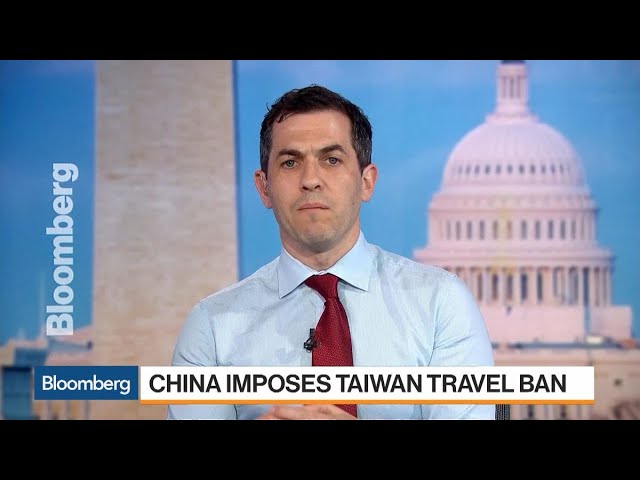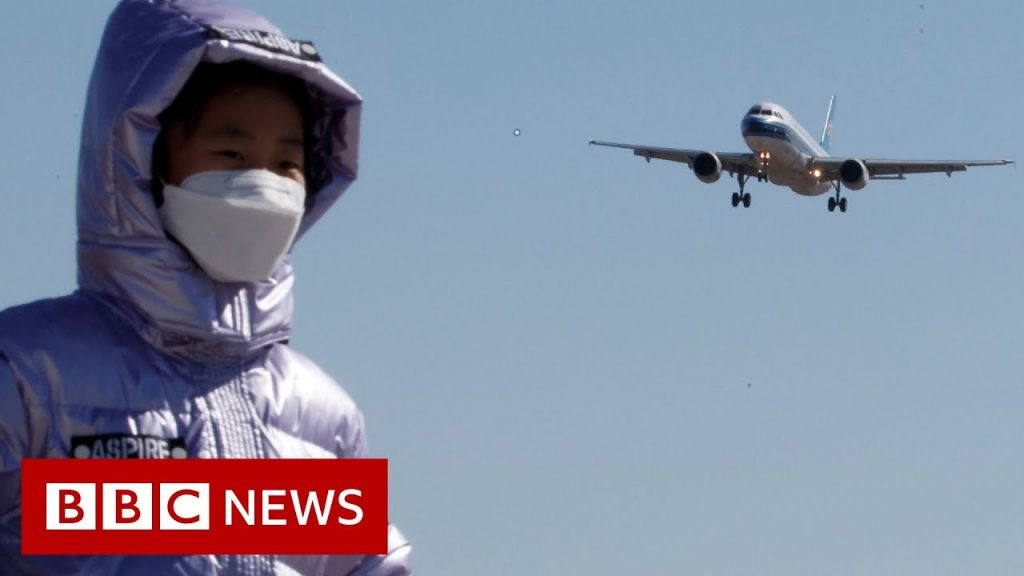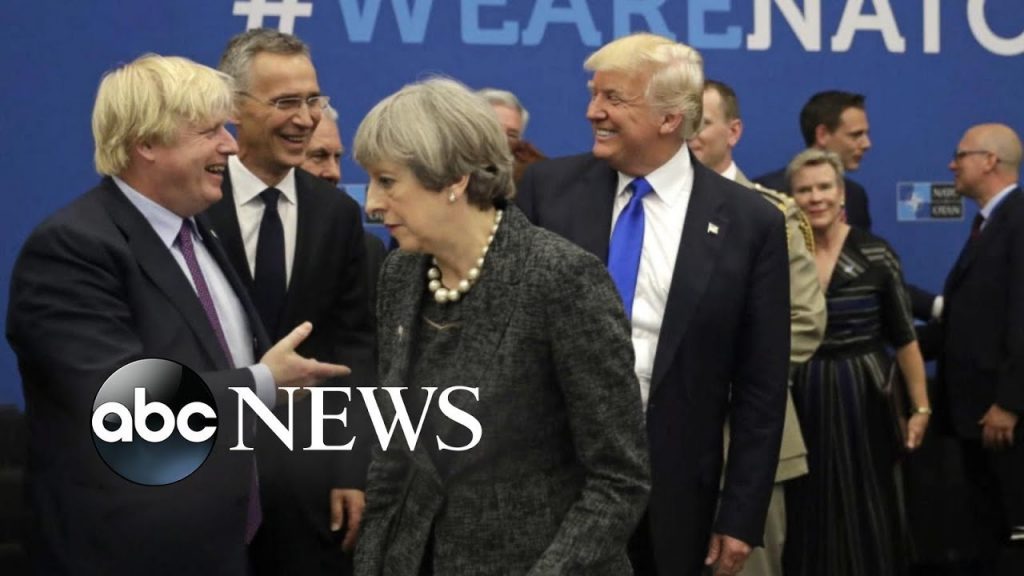China Sends Warning Sign With Taiwan Travel Ban

China Sends Warning
In its latest effort to increase pressure on Taiwan, Beijing said it will suspend a program that allowed individual tourists from 47 Chinese cities to travel to Taiwan, citing the current state of relations between the two sides.
How can Taiwan and China engage in dialogue and find solutions that work for both sides to avoid further escalation?
China’s recent decision to ban individual travel to Taiwan has sent a clear warning to the democratically governed island nation. This action is the latest in a series of measures taken by Beijing to isolate Taiwan diplomatically and to exert pressure on the island’s government and people. The move has sparked concerns of escalating tensions in the region and highlights the growing tensions in cross-strait relations.
China’s ban on individual travel to Taiwan came into effect on August 1st, impacting the livelihood of Taiwanese businesses heavily reliant on Chinese tourists. The ban represents another step in Beijing’s efforts to isolate Taiwan diplomatically and to diminish the island’s status in the international community. Taiwan President Tsai Ing-wen has condemned China’s decision, calling it “suppressing Taiwan people’s international exchanges, complicating cross-strait relations, and even affecting the stability in the region”.
China views Taiwan as a breakaway province that must be reunited with the mainland, even if this means by force. Beijing’s decision to ban individual travel to Taiwan is part of a broader strategy to limit Taiwan’s international recognition and to assert its sovereignty over the region. China has stepped up its efforts to pressure Taiwan since the election of President Tsai, who has refused to acknowledge the “one China” principle that Beijing demands. As a result, China has cut off official communication with Taiwan and has convinced several countries to switch diplomatic recognition from Taipei to Beijing.
China’s actions reflect a growing concern that Taiwan is moving away from mainland China and towards the US. The Trump administration has been a strong supporter of Taiwan, as seen by numerous high-level meetings and increased arms sales to the island nation. The US sees Taiwan as a strategic partner in the Indo-Pacific region, and has encouraged others to do the same. This has raised concerns in Beijing, which views the US as a rival power and is sensitive to any moves that it sees as a threat to its sovereignty.
The travel ban is also an attempt by China to target Taiwan’s economy, which has been heavily reliant on tourism from China. Before the ban, Chinese tourists accounted for over a quarter of all visitors to Taiwan. The ban will have significant economic impacts, hurting small businesses and the tourism industry as a whole. It also sends a warning to Taiwanese business owners and investors that they should beware of over-reliance on the Chinese market and diversify their sources of income and partnerships.
In conclusion, China’s travel ban to Taiwan is a warning sign that tensions between the two countries are escalating. The move reflects China’s intent to isolate Taiwan diplomatically, assert its sovereignty over the region, and target Taiwan’s economy. It also reflects growing concern in Beijing that Taiwan is becoming too close to the US. The ban highlights the need for both countries to engage in dialogue to avoid further escalation and to find solutions that work for both sides.









What the MSM Was Afraid to Tell You
Judge orders release of documents in Ghislaine Maxwell case
News poll shows Elizabeth Warren is Democratic voters’ top pick for vice president
New York Doctor On Front Lines Of Coronavirus Pandemic Dies By Suicide
Elites don’t want you to question their coronavirus policies